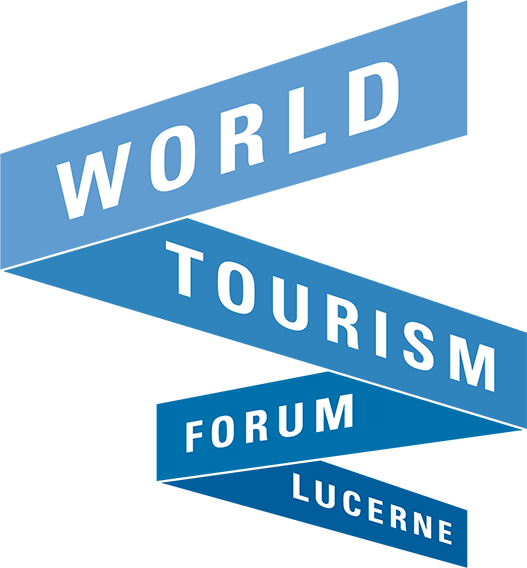Media Release
To achieve full economic benefits from travel and tourism’s growth we must get more creative investment in sustainable infrastructure now – says World Tourism Forum Lucerne’s annual Think Tank.
Lucerne, 3 March 2014 - The World Tourism Forum Lucerne’s Think Tank met for the second time on 2-3 March. It gathered 30 leading industry policy and decision makers, from government and the industry, as well as representative young talents from the sector. These included Taleb Rifai, Secretary-General UNWTO; Marthinus Van Schalkwyk Tourism Minister South Africa; Alan St. Ange, Tourism and Culture Minister Seychelles; Gerald Lawless, CEO Jumeirah Group; Samih Sawiris, Chairman and CEO Orascom Development Holding; Franck McCosker, General Manager Microsoft; Paul Griffiths, CEO Dubai International Airport and Elhamy El-Zayat, Chairman Egyptian Tourism Federation.
The Forum’s General Manager Martin Barth said “We are delighted that this unique gathering, that engages Ministers and CEOs, financial experts as well as young industry movers&shapers in long term thinking, can play a role in the essential reshaping of the sector. There are few better places in the world than Lucerne to provide the right atmosphere for these exchanges. With the full backing of all participants, we plan to institutionalise this a leading Think Tank of the industry.”
The Think Tank considered the issue of travel and tourism infrastructure investment against the background of a paper from its chair Professor Geoffrey Lipman and Professor Shaun Vorster, which focused on the potential gap between travel and tourism infrastructure investment and its forecast growth rates.
The Think Tank explored a wide variety of issues, with a broad consensus that:
- It is vital to build on the increasing top government recognition of the sector by alerting them to the dramatic economic consequences of failing to keep pace with essential infrastructure demand. This involves not only the “hard” infrastructure for transport, intermodal connectivity and green growth, but also the “soft” infrastructure of well-trained people to provide the essential support services for smooth tourism flows, as well as visitor and community wellbeing.
- The powerful industry messages about the importance of travel and tourism now need to ensure that key enabling government departments dealing with finance, investment, facilitation, transport, construction, security and the like, see how sustainable growth of travel and tourism can strongly support their own priorities.
- This should be extended to other important regional and international bodies dealing with trade, economics and social inclusion. The World Bank Group, regional and bilateral aid donors need to be alerted to the real potential of travel and tourism to contribute to their development support programs.
- The different sectors in the travel and tourism value chain have recognized the need for green growth transformation. But to the extent that there are patterns of disconnect from mainstream industry initiatives, this should be addressed and a greater degree of co-ordination and harmonization of standards and targets will become increasingly important. We also need more data on the interrelationship of infrastructure investment, and sustainable travel and tourism growth – against the background of a rapidly changing value system, where the customer will increasingly focus on quality, experiences and sustainability.
- There is a strong need to intensify the use of Public Private Partnerships to increase investment activity while reducing risk.
Professor Lipman in summing up the discussions said “The great thing is that we were able to agree on the importance of balancing the evident benefits of continuous growth with the equal need for sustainability and the pivotal importance of finding substantial new investment in our vital infrastructure to make this happen. The central message is that our sector can provide massive societal benefits if we grow wisely, but we need infrastructure investment now and we need to be creative in developing public and private sector coalitions to secure the funds to make it happen.”
About the World Tourism Forum Lucerne Think Tank
The World Tourism Forum Lucerne Think Tank is a highly focused, top level and strategic body. It allows selected leaders around the world to reflect on the big challenges for the industry and to address them in out of the box “game-changing” ways. The Think Tank is part of World Tourism Forum Lucerne. World Tourism Forum Lucerne is a professional interdisciplinary platform which offers decision-makers in business, government, science and finance an overview of current topics and trends in the tourism industry. It is the only international platform where leading decision makers and emerging young talents in the industry have the opportunity to interact as part of a next generation programme. The World Tourism Forum Lucerne is supported by an international Advisory Board under the chairmanship of Reto Wittwer (President and CEO, Kempinski Hotels). The next World Tourism Forum Lucerne will take place from 22-24 April 2015. www.wtflucerne.org
